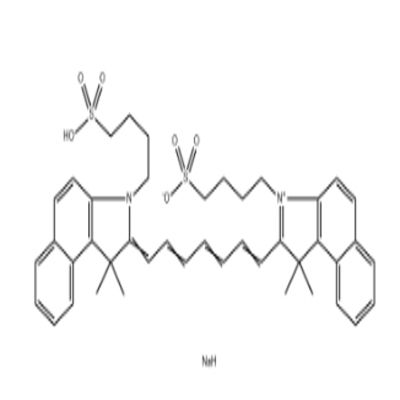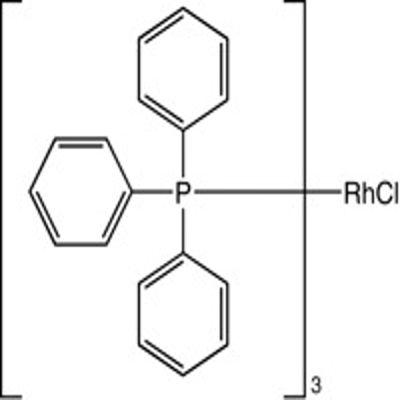We have a whole new understanding of cancer genome
-
Last Update: 2020-02-06
-
Source: Internet
-
Author: User
Search more information of high quality chemicals, good prices and reliable suppliers, visit
www.echemi.com
Today, the latest issue of nature is on line as scheduled, and the "cancer genome" on the cover is the theme of this issue: in this issue of nature, a total of six related papers have been published A series of papers have also been published in Nature Genetics, Nature Biotechnology, nature communications and other journals So, what kind of research project has attracted such attention? Specifically, "Pan cancer analysis of whole genes Consortium" is the key word in these studies In the past, many studies have been looking for genes that encode proteins that mutate to cause cancer But in fact, the gene sequence encoding the protein is only about 2% of the human genome We don't know very well which variants in the remaining 98% may be related to cancer This is the significance of genome-wide analysis Under the leadership of this cooperation project, researchers from 744 organizations on four continents have sequenced the whole genome of 2658 cancer samples, covering 38 different types of cancer In addition, non cancerous samples from the same individual were used as controls From a series of processes such as obtaining samples, protecting patients' privacy, obtaining sequencing data and analyzing sequencing data, the workload of this research is extremely huge And these efforts have finally brought gratifying returns We have a new understanding of cancer genome On average, there are about four to five mutations driving cancer development in each tumor genome sample, which will give these cancer cells a selective advantage in survival It is also mentioned in a summary article in nature that many of the tumor samples used in the study have complicated DNA rearrangements (17.8% are chromoplexy, 22.3% are chromotripsis, and the explanation of these two words is shown in the figure below) In contrast, only 5% of the samples did not detect a driving mutation ▲ image interpretation of chromoplexy and chromothripsis (picture source: reference [8]) In the second article, the researchers looked for cancer drivers in noncoding DNA Some new cancer driven mutations have been found, such as a mutation in the noncoding region of tumor suppressor gene TP53, and a mutation in the noncoding region of TERT, which encodes telomerase, may lead to overexpression This may promote abnormal division of cancer cells The third and fourth articles focus on some characteristic genomic variations What does that mean? It turns out that when there is a mistake in DNA repair or when it comes into contact with mutagens in the environment, some characteristic changes will be left in the DNA, but these changes are not easy to find Supported by a large number of data, the researchers found 97 similar characteristic changes, which greatly expanded our cognition The fifth paper focuses on the evolution of cancer cells By comparing the mutations in different cell subsets, we can deduce the sequence of these mutations Analysis found that in the early stage of cancer, the most common is driven mutation This can even occur years before diagnosis, so it may have significance for early diagnosis of cancer or development of biomarkers As time goes on, the impact of environment will be smaller and smaller, and the impact of DNA repair defects will be larger and larger In the last paper, the researchers analyzed 1188 transcriptome data and found that copy number variation is still the main factor driving gene expression changes in cancer cells, but hundreds of single nucleotide mutations also affect gene expression around them In addition, some mutations in cancer cells can also cause changes in transcription information, such as the production of new protein coding sequences These breakthroughs brought about by thousands of scientists have given us a new understanding of cancer genome A report in the same period of nature also pointed out that at present, we still lack clinical data related to the treatment and prognosis of patients These data can help us better understand the relationship between these genomic information and cancer treatment reference material: [1] ICGC/TCGA Pan-Cancer Analysis of Whole Genomes Consortium Nature 578, 82–93 (2020) [2] Rheinbay, E et al Nature 578, 102–111 (2020) [3] Alexandrov, L B et al Nature 578, 94–101 (2020) [4] Li, Y et al Nature 578, 112–121 (2020) [5] Gerstung, M et al Nature 578, 122–128 (2020)
This article is an English version of an article which is originally in the Chinese language on echemi.com and is provided for information purposes only.
This website makes no representation or warranty of any kind, either expressed or implied, as to the accuracy, completeness ownership or reliability of
the article or any translations thereof. If you have any concerns or complaints relating to the article, please send an email, providing a detailed
description of the concern or complaint, to
service@echemi.com. A staff member will contact you within 5 working days. Once verified, infringing content
will be removed immediately.







